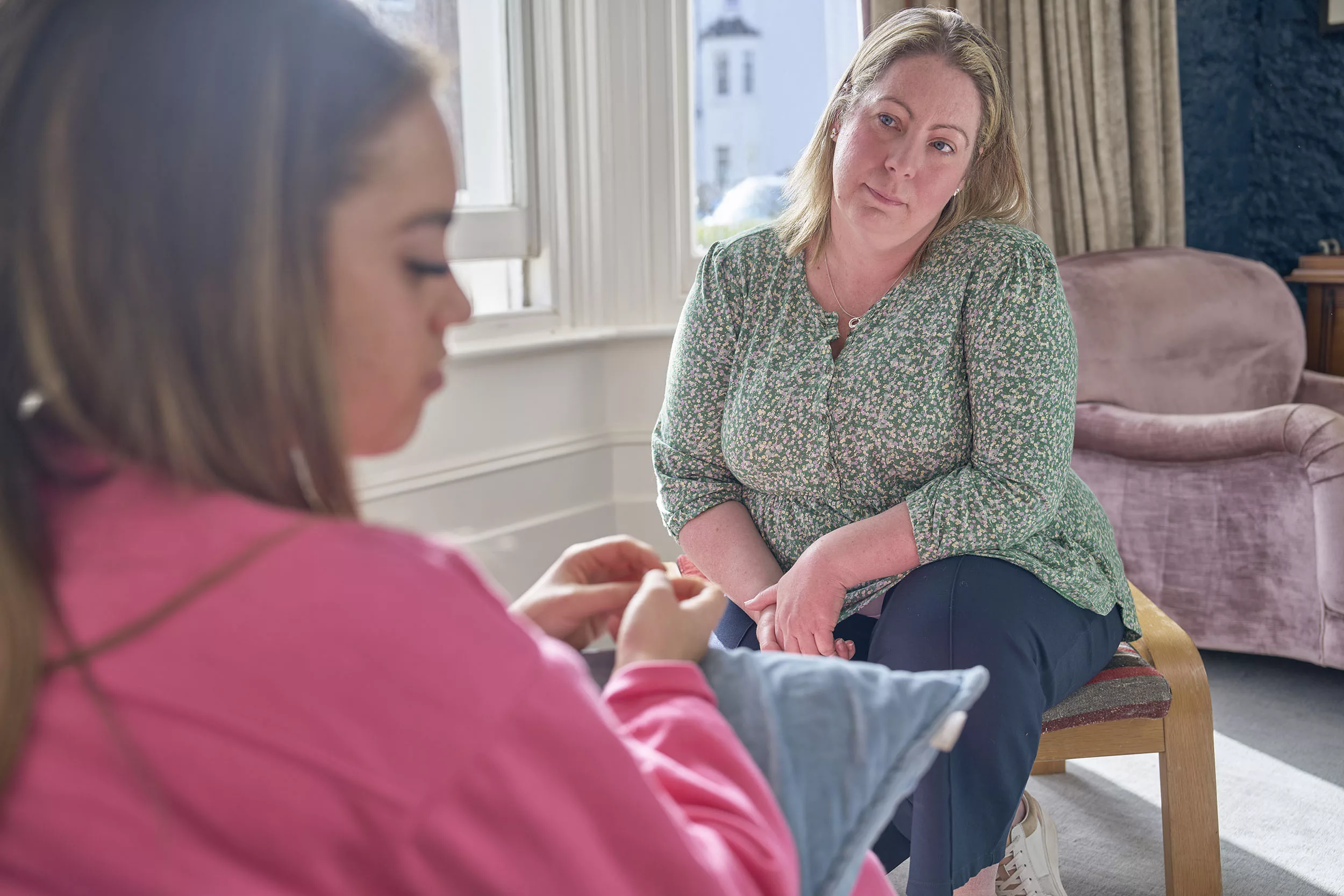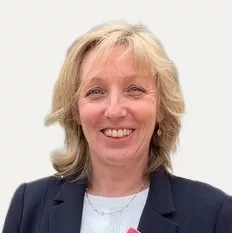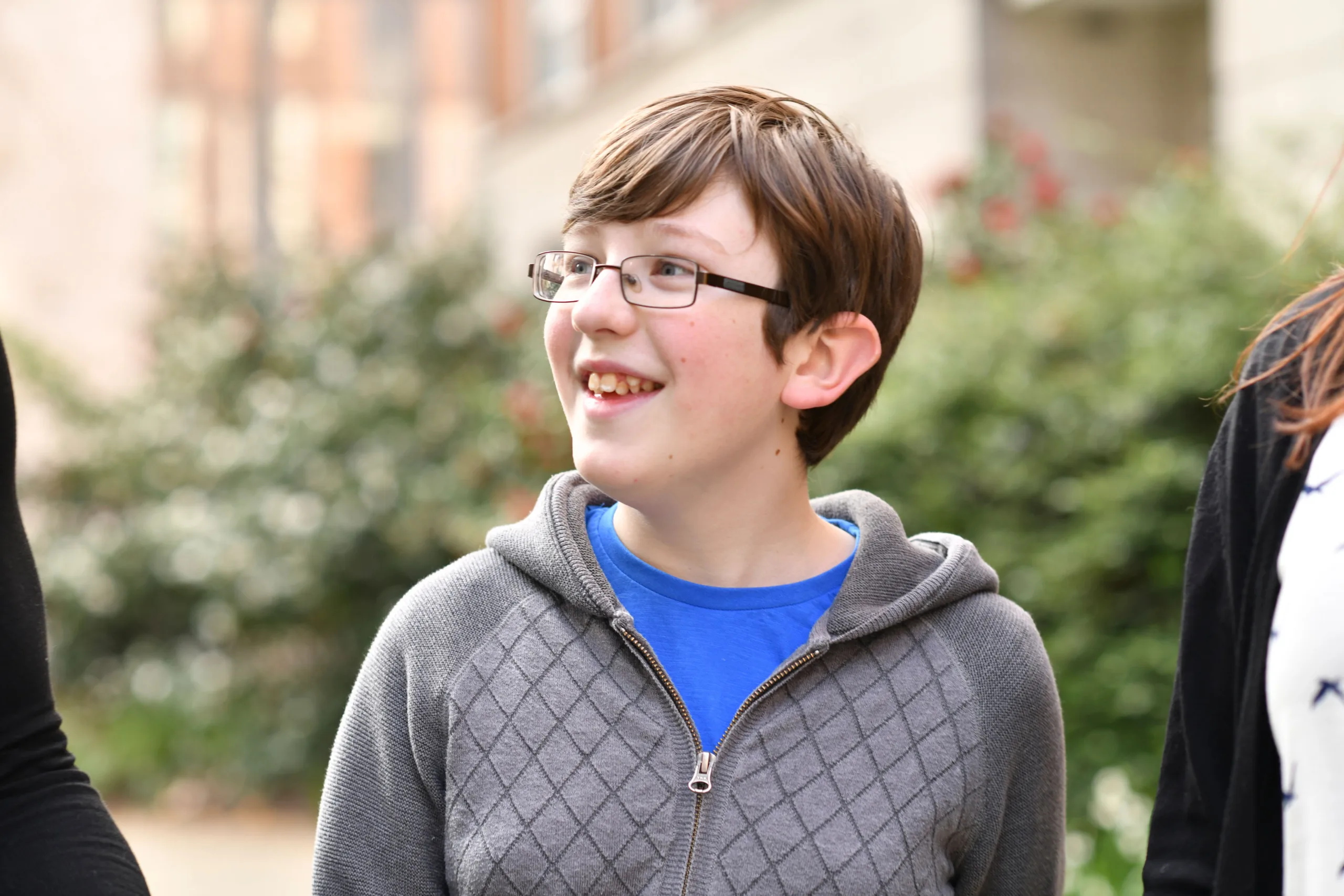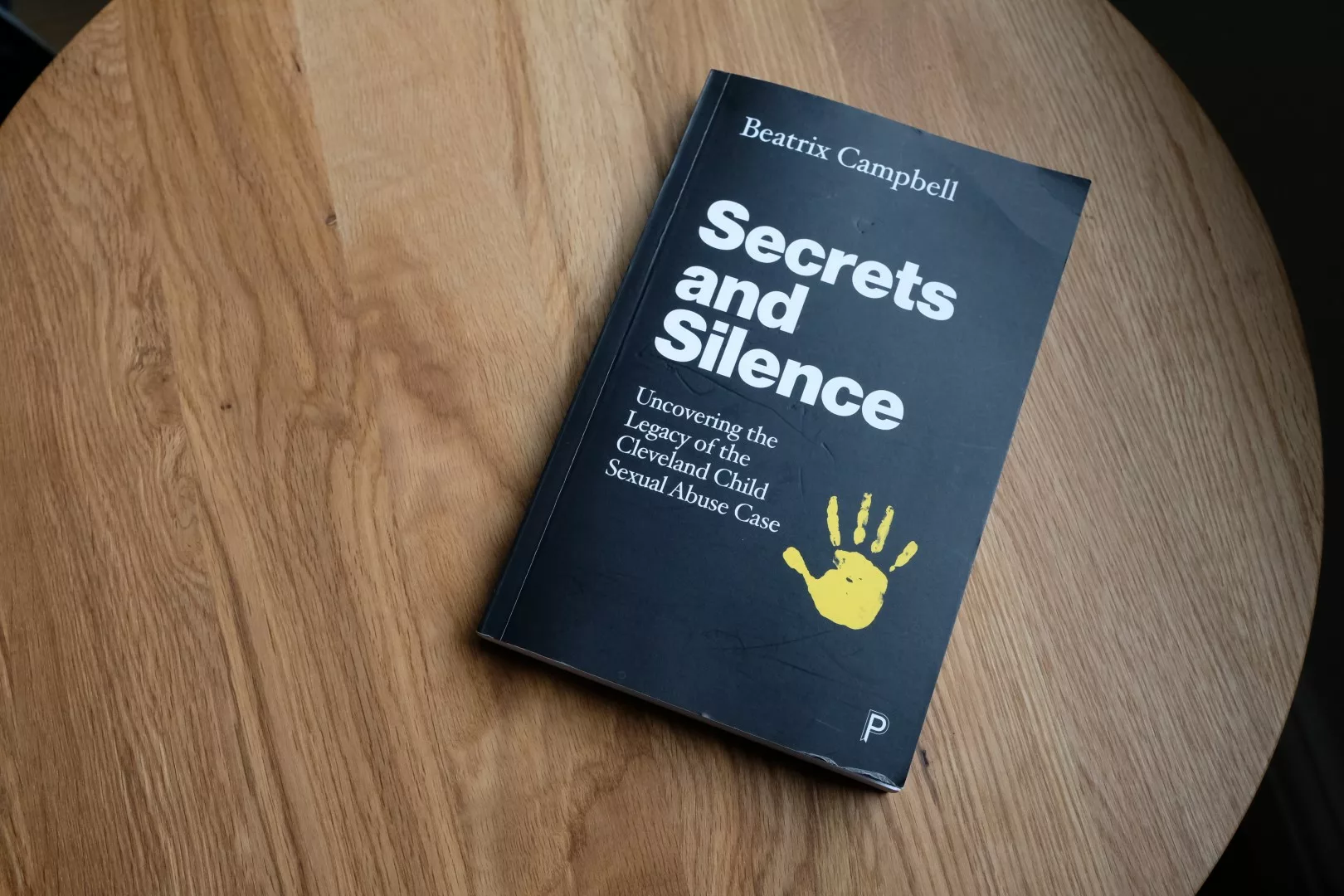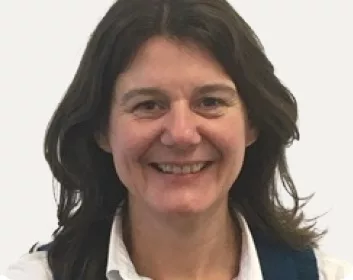The CSA Centre’s latest research, Support Matters 2025: Update on child sexual abuse support services in England and Wales, which is published today, draws together the experiences of 124 services providing support for those affected by child sexual abuse. It exposes the desperate struggle that many of these services are facing in providing their vital and unique support for children, adult survivors and families affected by child sexual abuse.
We currently have around 600 clients waiting for support. It is soul-destroying. Funding has been cut, which is increasing pressure on all staff. We have short-term contracts and cannot provide stability for staff. We cannot replace them, and we are faced with growing waiting lists. We are constantly asked to trim the service – and it really cannot go any further. There is no more meat on the bone. We have cut our outreach provision and increased online support, but this is not the answer for everyone. Lack of funding is the core of all of the issues.
These words, written by a specialist support service, portray the reality that many services are currently facing; support for victims and survivors of child sexual abuse is at a critical point, with services struggling to meet increasing demand and thousands of children, adults and family members left with nowhere to turn for help.
Support Matters 2025 is our second in-depth research project that provides an up-to-date picture of the current landscape of service provision in response to child sexual abuse in England and Wales today. It is a follow-up to the CSA Centre’s previous research report, Support Matters: The landscape of child sexual abuse support services in England and Wales (2024). Our research builds on earlier work mapping therapeutic services for children carried out for the NSPCC but looks more widely at the support available both for children and for adult survivors of child sexual abuse and their families. It also covers all forms of support, including advocacy and helplines.
It is impossible to know just how scarce the support is, but, if we take into account that 500,000 children are estimated to be sexually abused each year in England and Wales, we can calculate that to meet potential demand, each service would need to be able to support 16,500 people every year. In reality, nearly half of services are able to support less than 100 people per year and only around a quarter are able to see more than 500 people a year.
These findings are based on our analysis of data that we had collected through our initial mapping exercise in 2023 which we subsequently updated through monitoring developments in the sector, as part of our work to maintain our online directory of support services. Alongside this data analysis, we carried out a survey of support providers to explore their current experiences of providing support and the key challenges they were facing.
More than two-thirds of services are holding waiting lists for people to access support. While most children on a waiting list are waiting more than three months to access support, with some having to wait over a year, adult victims and survivors of childhood sexual abuse regularly face even longer waits, with a quarter waiting more than a year for support.
Services told us that waiting lists are longer than ever and, with more and more people waiting for support, this leaves services, and the staff working within them, feeling overwhelmed by their inability to meet the need for their support.
Many staff feel that we are failing clients, some of whom are incredibly vulnerable.
As a result, many services highlighted the emotional and psychological burden on staff which is exacerbated by the already demanding nature of the work. Furthermore, an inability to offer secure employment on an appropriate salary means that services are struggling to retain existing staff and recruit new staff.
We have two members of staff recently who have returned to social work where they are paid better, despite not wanting to leave.
Overall, we found that support services for those affected by child sexual abuse, which are already extremely scarce, have decreased further in number in the 18 months since our last study, with 23 services having closed in that time. This leaves just 363 services across the whole of England and Wales, as well as significant gaps in support focused on underserved groups. Worryingly, among the 124 services we surveyed this time, a fifth said they were facing closure or might have to reduce the support they were providing for children, adults and families.
We have been a specialist service for 40 years… We are now facing closure as our projects all end in March ‘25 and we do not have any other projects to sustain the service whilst waiting for tenders to come out. This means losing specialist staff and we are going to start closing referrals in December.
Not-for-profit services like this, which are well known and trusted by their local communities and partner agencies, told us that they are routinely marginalised, and pushed to come up with ‘innovation’, despite there being strong evidence of the need and demand for the support they already provide. Commissioning processes force them to compete to keep their contracts, often against larger, less specialist organisations with whole departments devoted to ‘business development’.
Yet the voluntary sector plays a crucial role in underpinning the support available for victims and survivors of child sexual abuse; nearly four-fifths of the services we are aware of are delivered by not-for-profit providers. We also know that victims and survivors value the support provided by specialist not-for-profit services most highly of all. However, the reliance on not-for-profit services to support victims and survivors means that the provision of this support continues to be concentrated in a sector where services’ sustainability is highly vulnerable to short-term, insecure funding and commissioning arrangements.

While the findings of our latest report are shocking, they are, sadly, not new. In 2022, the final report by the Independent Inquiry into Child Sexual Abuse identified gaps in provision of support services for victims, including a particular shortage of therapy and lack of response to younger children and their parents. One of its recommendations was that the UK and Welsh Governments should guarantee sufficient provision of specialist therapeutic support for sexually abused children.
More recently, Rape Crisis England & Wales has highlighted the acute shortage of therapeutic support for children who have been sexually abused, concluding that – despite IICSA’s recommendation – these children “still do not have access to universally available, specialist, and survivor-centred support”. Meanwhile, specialist services for adult survivors continue to face unprecedented demand, with some reporting up to 30% year-on-year increases in the number of people seeking support.
The support needs of parents of children who have been sexually abused are often over-looked, and our research found that less than half of services are providing support for parents. Many services recognise this need, and want to provide more support for parents, but lack the resources and capacity to do so.
In April, the Government announced that they are working on “ambitious proposals” to improve support for victims and survivors, which will be revisited after the upcoming Government Spending Review. As our new research shows, it is essential that their plans should enable services to continue to provide flexible, ongoing support that allows victims and survivors to rebuild trust and find hope. In the words of one of the survivors who contributed to the foreword in this report:
Bespoke and trauma-informed support kept me alive during my very darkest and most desperate times. Every single survivor of child sexual abuse deserves this chance.

